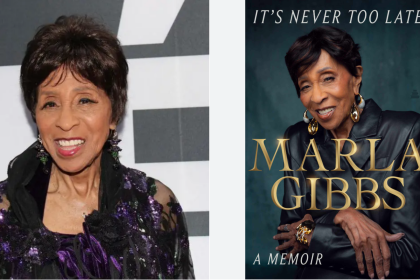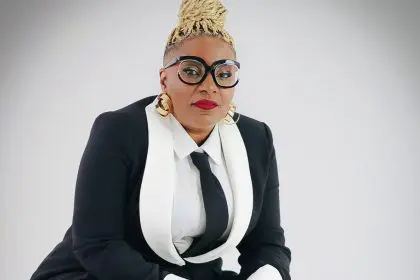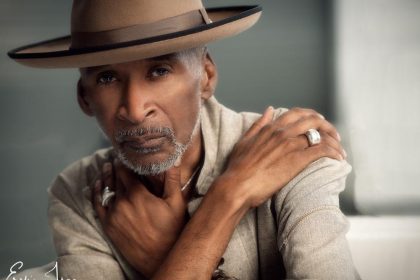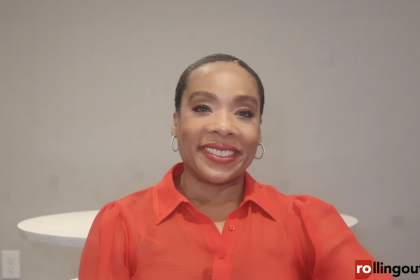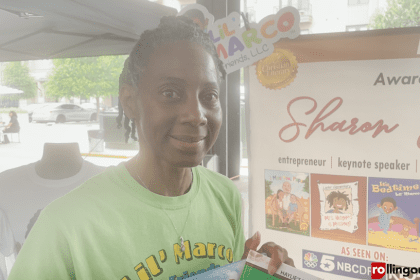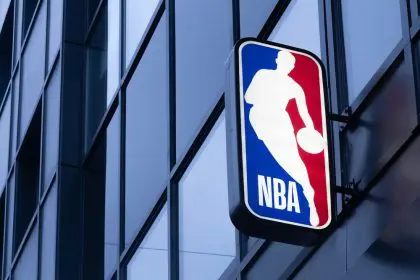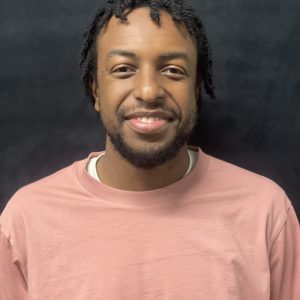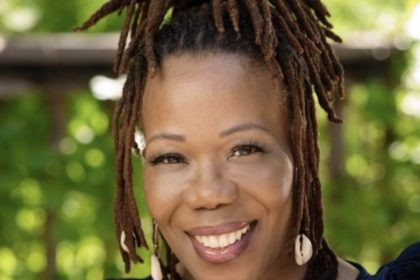Louisiana native Dr. Derek Robinson made his dreams come true. An HBCU graduate from institutions like Xavier University and Howard University College of Medicine, Robinson has fulfilled his lifelong dream of becoming a medical doctor, which he details in his book, Improbable MD: From the Bayou to the Boardroom.
What can readers expect from your book?
Thank you so much again for the opportunity to be with you today.
Yes, I have a new book, Improbable MD. From the Bayou to the Boardroom is the subtitle. If you’d asked me five years ago if I would be writing a book, or if I’d be an author five years later, my answer would be no, but coming through the pandemic, I realized there was a great opportunity in writing a book to make a difference and help inspire the next generation.
As a doctor, when I think about the long white coat we wear, it certainly reflects our expertise, our commitment to helping people in a time of need and our role as leaders in the community, but it really masks our starting points. It hides the hills and valleys of our respective journeys, and so I wrote Improbable MD to place my story of grace and triumph in defying the odds in the hands of every student who dares to dream big, but felt inadequate, or every student who was told “no” to try again. It was also to encourage every parent who has felt that their back was against the wall and wondered if their best would be good enough for their child to realize his or her potential. Also, for every mentor who wondered if even just a single phone call to an individual could change their career trajectory. During this time period where I think we all could use some inspiration, and as one of the 2.6% of physicians in the United States who are Black men, demystifying my journey has been one of the important ways I’ve been able to give back and show gratitude to all the people who have helped me along the way.
How did you have the determination to follow through with the dream of becoming a doctor?
One truth I admit when I have conversations with audiences or young people is that when I was growing up, I wanted to become a physician, eventually, but I was still hesitant to articulate my dream because I didn’t really have a lot of individuals I could reach out and connect with who shared my journey, and were in that destination.
Then also, you don’t want to fail. Through the support of many people in the village … I was able to make it along that journey. Like many folks, that educational journey involved public schools for the majority of my primary and secondary educational journey. One of the things I did see along the way was despite some of the challenges I faced early on with access to quality education, I ended up on a pretty good trajectory in terms of being at really high-performing schools.

